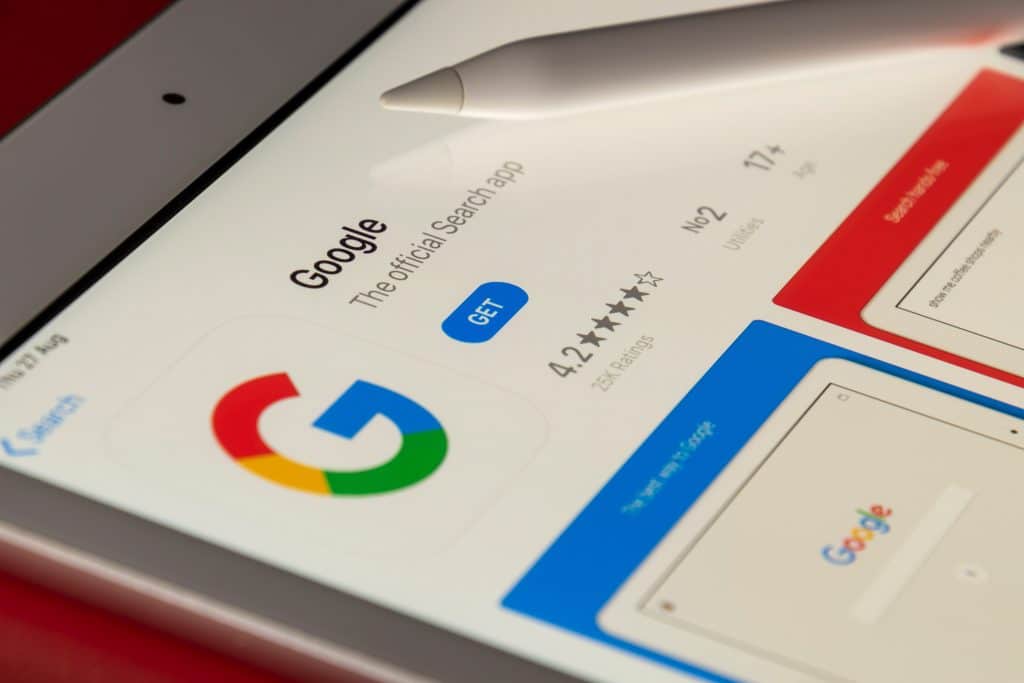Introduction

Facebook is the world’s largest social networking platform, with over 2 billion active users. It’s a powerful tool for connecting with friends, family, and businesses, but it can also be used for marketing and advertising purposes.
With so many users, Facebook provides a huge potential audience for businesses and individuals looking to promote their products or services. But simply having a Facebook page is not enough to reach this audience. In order to be successful on Facebook, you need to know how to use the platform effectively.
This guide will teach you everything you need to know about using Facebook for marketing and advertising purposes. You’ll learn how to create effective campaigns, target your audience, and measure your results. By the end of this guide, you’ll be able to confidently and effectively use Facebook to reach your marketing and advertising goals. Let’s get started!
Creating effective campaigns

An effective Facebook campaign is one that is carefully planned and executed with a specific goal in mind. Without a clear goal, your campaign will likely be unfocused and ineffective.
When planning your campaign, start by thinking about what you want to achieve. Are you looking to increase brand awareness? Drive traffic to your website? Generate leads? Once you know your goal, you can start to plan your campaign strategy.
Your campaign strategy will vary depending on your goals, but there are a few key components that all successful Facebook campaigns should include:
– Compelling content: Your content needs to be interesting and relevant to your target audience. It should also be visually appealing, as people are more likely to engage with photos and videos than text-based posts.
– Effective targeting: You need to make sure your ads are being seen by the right people. Facebook allows you to target your audience based on interests, demographics, and even behaviors.
– A call to action: Your content should always include a call to action, such as “like our page” or “visit our website.” This will help encourage your audience to take the desired action.
– Regular updates: Once your campaign is live, be sure to regularly update your content and monitor your results. Making changes based on your findings will help improve the effectiveness of your campaign over time.
Targeting your audience

One of the most important aspects of a successful Facebook campaign is targeting your audience. Facebook allows you to target your ads based on interests, demographics, and even behaviors. This ensures that your ads are being seen by the people who are most likely to be interested in them.
When targeting your audience, it’s important to start with a broad target and then narrow it down as you go. For example, if you sell women’s clothing, your initial target audience might be “women aged 18-49.” But you can further narrow this down by targeting only women who live in certain cities, are interested in fashion, or have made a purchase from a similar retailer in the past.
The more specific you can be with your targeting, the more effective your campaign will be. But don’t get too bogged down in the details. As long as you have a general idea of who your target audience is, you’ll be able to create a successful campaign.
Measuring your results

Once your Facebook campaign is up and running, it’s important to track your results and make changes as needed. Facebook provides a number of ways to measure the success of your campaign.
The first place to start is the campaign insights page. This page provides an overview of your campaign’s reach, engagement, and results. You can use this information to see what’s working well and what needs to be improved.
You can also track conversions by setting up a Facebook Pixel on your website. This allows you to see how many people who saw your ad ended up taking the desired action, such as making a purchase or signing up for your email list.
Finally, don’t forget to ask your customers for feedback. This can be done through surveys, customer service interactions, and social media posts. Getting direct feedback from your customers will help you fine-tune your campaign and ensure that it’s meeting their needs.
By tracking your results and making changes as needed, you can ensure that your Facebook campaign is as successful as possible.
Disadvantages

No matter how well you plan and execute your campaign, there are always going to be some risks involved. Here are a few of the potential disadvantages of running a Facebook campaign:
– Your ads could be rejected: Facebook has strict guidelines for what is and isn’t allowed in ads. If your ad doesn’t meet these guidelines, it could be rejected.
– Your campaign could fail: Even with the best planning, there’s always a chance that your campaign will fall flat. This could be due to changes in the algorithm, poor execution, or simply bad luck.
– You could overspend: If you’re not careful, you could end up spending more money on your campaign than you planned. This is especially true if you’re running a Facebook ad campaign.
– You could annoy your audience: If you bombard your audience with too many ads, they could start to get annoyed. This could lead to them ignoring your ads or even un-liking your page.
Despite these risks, running a Facebook campaign can be a great way to promote your business. Just be sure to plan carefully, track your results, and adjust your strategy as needed.
Conclusion

Overall, running a Facebook campaign can be a great way to promote your business. Just be sure to plan carefully, track your results, and adjust your strategy as needed. By doing this, you’ll increase your chances of success and avoid any potential pitfalls.



